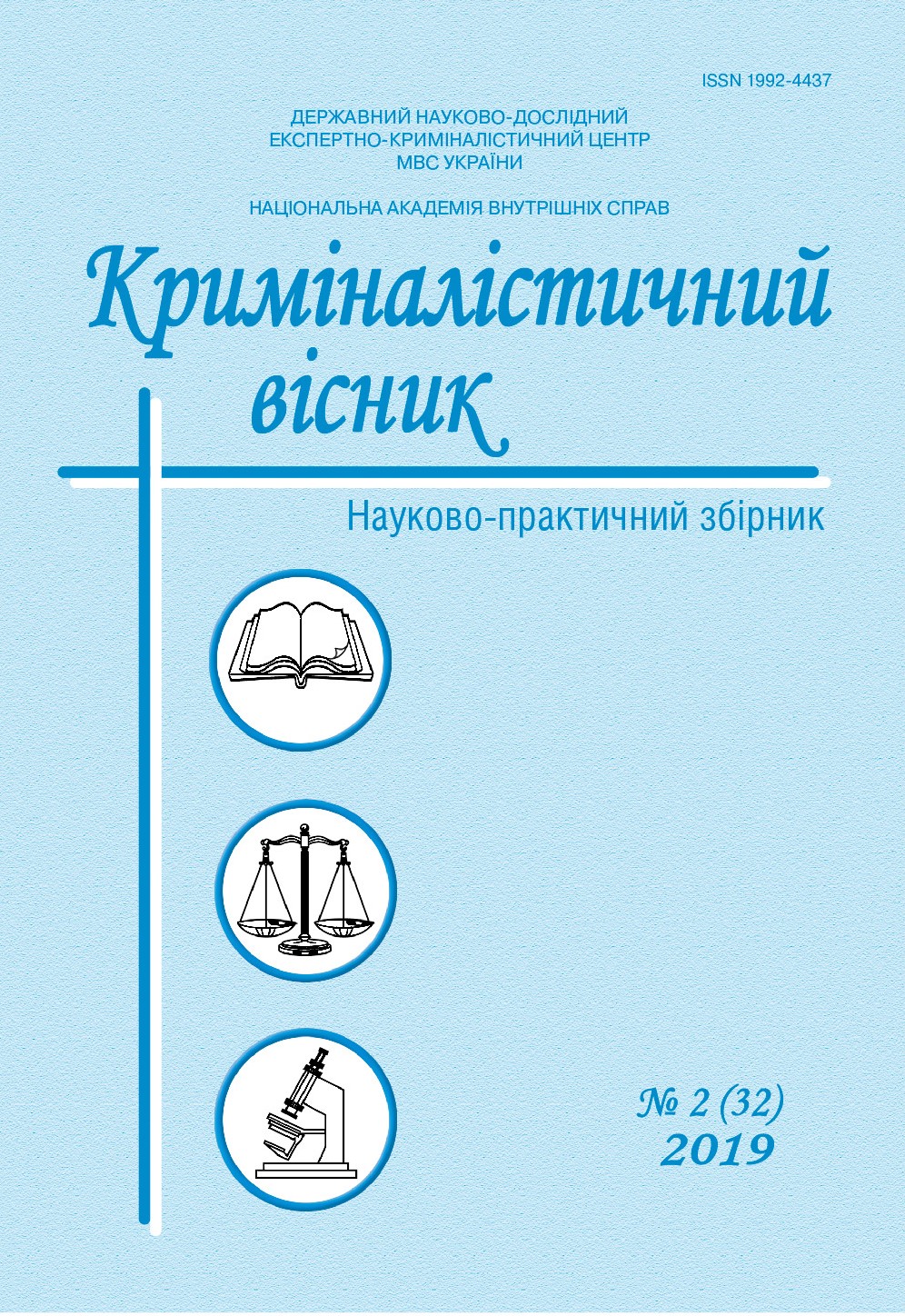ELECTRONIC DOCUMENTS AS AN OBJECT OF FORENSIC ECONOMIC EXPERTISE
Abstract
The purpose of the article is to define specifics of electronic documents research within the framework of forensic economic examination. In the course of the research, the legal essence of electronic documents and electronic docflow has been clarified, changes in the legislation have been analyzed. The experience of some foreign countries in recognition of electronic documents as evidence was generalized. The author emphasizes that creation and usage of electronic documents, their specific physical and logical structure are directly dependent on software and information technologies. The specifics of electronic documents' research and the advantages of forensic economic examination related to the terms and quality are highlighted (quick and qualitative selection, separation of data by any principle according to the format of the presented material, possibility of making out any calculations, summarization of the necessary information for tax periods, etc.); as well as the difficulties experienced by experts in such research are outlined. On the example of the State Fiscal Service of Ukraine, the author demonstrates advantages of using electronic documents and electronic docflow in the activity of a governmental entity. In the article attention is paid to the necessity of providing forensic experts with the proper technical means for conduction of forensic economic examination; to the experts' knowledge on the peculiarities of computer accounting systems functioning; to the ability to evaluate the reliability and quality of data on electronic media, possessing the methodology of their research, which will give the possibility to provide reasonable solutions to the issues of the examination. The author concludes that further development of forensic economic examination is inextricably bounded up with innovative technologies, modernization of organizational and legal support, introduction of new means and methods of examination conduction, development of regulations for the use of electronic documents and databases of accounting and tax accounting programs of business entities by the expert. The reliability of the obtained results and conclusions is ensured by the use of the following methods of research: generalization method was used to draw conclusions on the results of studying the legislative framework in the field of electronic documents and electronic docflow; method of synthesis and analysis was used to determine specifics of the electronic documents research, their advantages and difficulties of implementation in expert practice. Systematic approach made it possible to outline the complex of theoretical and practical issues that experts face while researching electronic documents.
Keywords: economic examination; electronic document; electronic evidence; electronic docflow; business entity.



